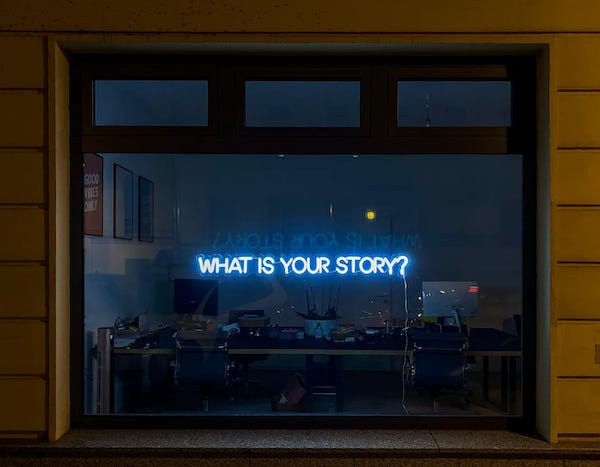
I want you to think about the last time you saw a public leader or expert make an argument. How did it make you feel? How much did you remember?
When we hear an argument, our brain starts working really hard to fit it into what it already knows: Is it a progressive or conservative argument? Is it relevant to my life? Does the argument apply to my field of work? There are so many reasons to stop listening. And not even because you don’t like the argument! Sometimes we stop listening because we think we already know the argument.
Arguments make the brain categorize, label, and even shut down. Stories, on the other hand, light up our emotional centers, make us lean in, and build trust.
It builds trust because the audience is learning more about you. It’s quite simple: You are opening up to them, so they are going to be more likely to open up to you. There’s brain science behind this; our brain releases oxytocin – the hormone that forms attachment and enables trust – when it hears narrative-driven stories.
Stories, of course, can also harm us. With so many dangerous and false narratives being pushed in the news and social media by the Trump administration (Ukraine started the war! DEI is why planes are crashing! Immigrants are endangering our cities!), it seems more critical than ever that we share our own stories – stories about the importance of our work, stories about the communities we support, stories of justice, hope, and joy.
But storytelling is a craft. So what is the key to great storytelling?
Keep reading with a 7-day free trial
Subscribe to The reFRESH to keep reading this post and get 7 days of free access to the full post archives.


